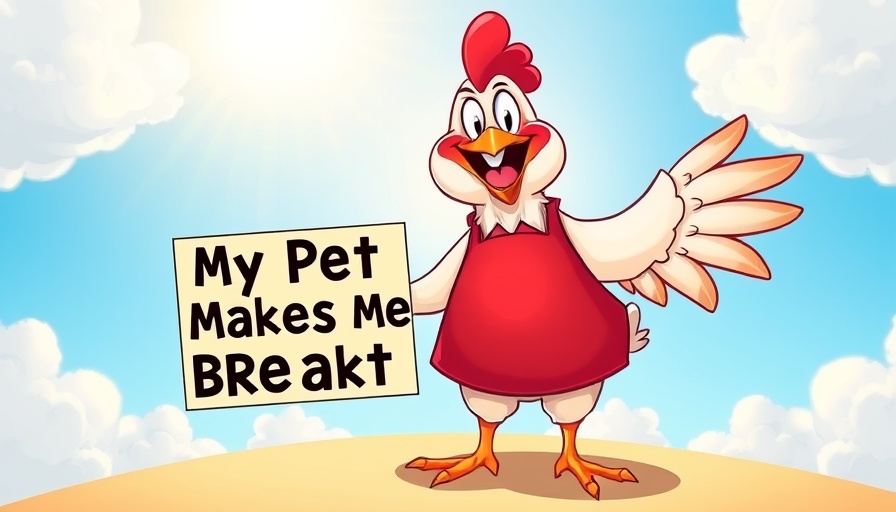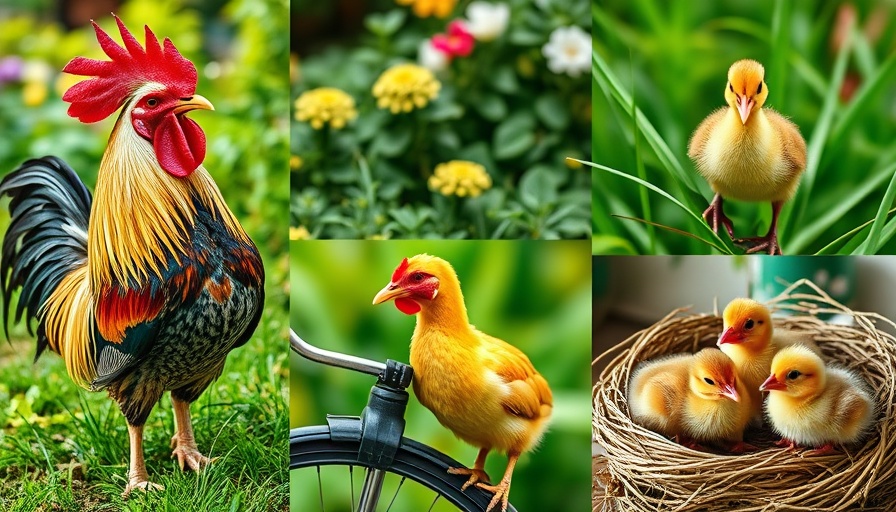
Can Treats Transform Chicken Behavior?
A recent discussion within the chicken-keeping community raised an intriguing question: do high-value treats lead to aggressive behavior among chickens? This ongoing conversation invites avian enthusiasts and owners to delve into the dynamics of chicken behavior when pampered with enticing morsels.
The Impact of Treats on Social Dynamics
Treats are commonly used to reward and motivate chickens. However, the potential for promoting aggressive behavior cannot be overlooked. As many chicken owners have observed, an increase in high-value treats may result in heightened competition among flocks. This often leads to skirmishes or pecking order disputes that can escalate into more serious physical conflicts.
Is There a Science Behind the Treats?
From a veterinary perspective, understanding avian behavior is crucial. Chickens, much like other social species, navigate complex hierarchies. When treats are introduced, it may inadvertently disrupt these structures, causing stress and aggression as they vie for resources. Research indicates that feeding behaviors significantly affect social interactions within flocks, leading to the hypothesis that treat distributions can influence social outcomes.
Strategies for Healthy Treat Distribution
To mitigate aggressive tendencies linked to high-value treats, owners can adopt strategic feeding practices. For example, spreading out treats over a larger area can help prevent competition. Providing multiple feeding stations or engaging in group feeding exercises may foster cooperation rather than conflict.
Conclusion: Striking a Balance
In conclusion, while high-value treats can enhance the quality of life for chickens, owners should monitor behaviors closely to avoid adverse interactions. Balancing rewards and ensuring proper distribution can lead to a harmonious environment for both the human caretakers and their feathered friends.
 Add Row
Add Row  Add
Add 




Write A Comment